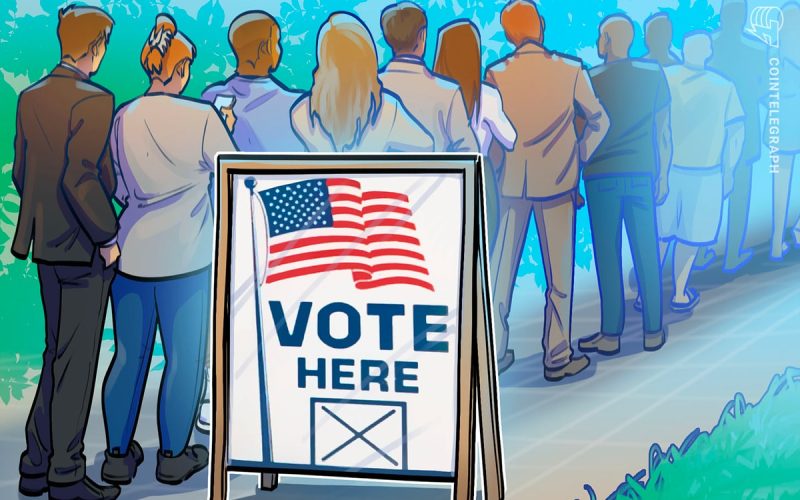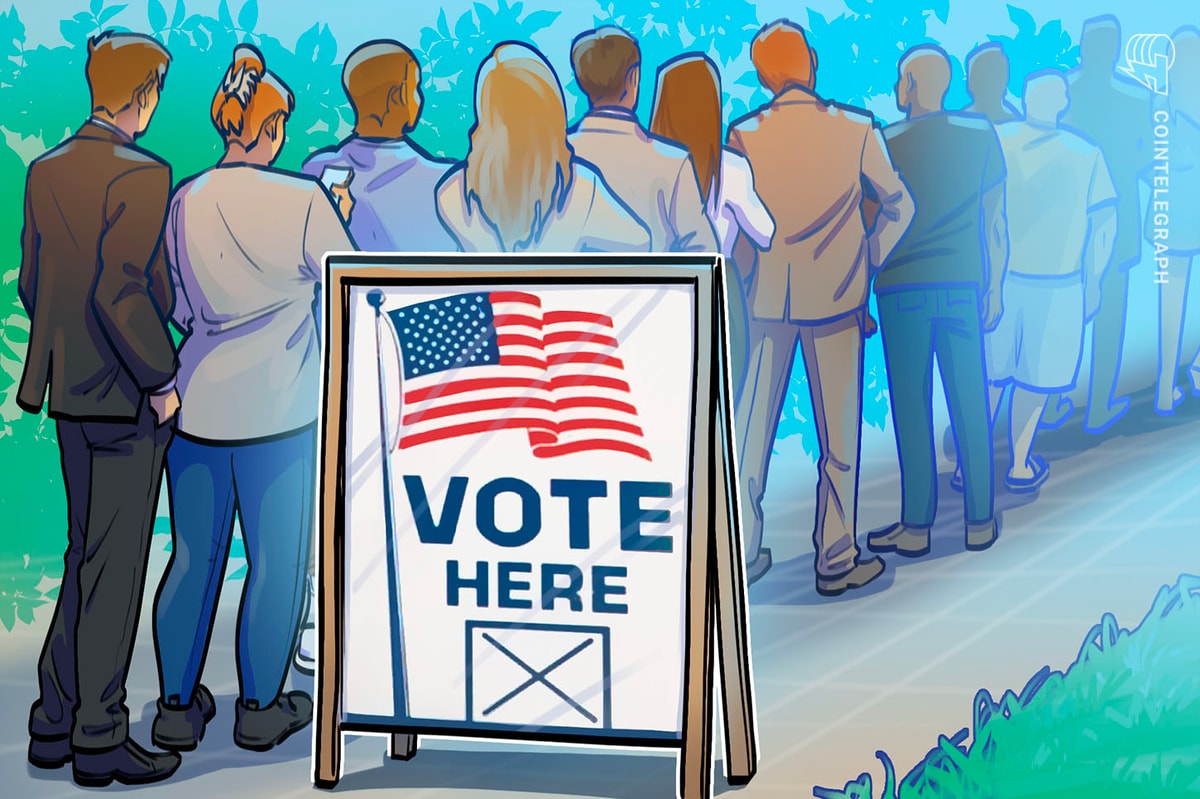In a significant electoral event for 2025, voters in Virginia’s 11th congressional district are heading to the polls to select a successor for the late Representative Gerry Connolly. This special election has drawn attention not only for its potential to impact the balance of power in the U.S. House of Representatives but also for the substantial financial backing from the cryptocurrency sector.
The Protect Progress PAC, affiliated with Fairshake, has invested over $1 million to support Democrat James Walkinshaw in the primary race. This backing comes in a critical moment for the Republican Party, which is seeking to maintain its slim majority in the House. Walkinshaw faces off against Republican candidate Stewart Whitson in an election that could serve as a bellwether for future political strategies in the 2025 elections and beyond.
On May 2025, the congressional seat became vacant following Connolly’s passing, prompting this special election. While neither candidate has made substantial statements regarding cryptocurrency or blockchain technology during their campaigns, the involvement of a crypto-backed PAC may still play a pivotal role in determining the outcome. According to filings with the Federal Election Commission (FEC), the Protect Progress PAC allocated significant funds towards media buys in June 2025 to promote Walkinshaw’s candidacy.
As of the latest FEC reports, Walkinshaw has reported campaign contributions exceeding $1 million, notably outpacing Whitson, who has garnered around $224,000 in contributions. This financial disparity could influence voter sentiment in a district traditionally viewed as a Democratic stronghold, increasing Walkinshaw’s chances of success.
“Many news outlets suggest that Walkinshaw is favored to win, which could further narrow the Republican majority in the House,”
As the election draws near, Fairshake’s strategy in the 2024 elections has raised questions about the influence of cryptocurrency spending on U.S. politics. In 2024, Fairshake and its affiliates reportedly spent over $130 million to support pro-crypto candidates and challenge those opposed to the digital asset industry. The outcome of this election may provide insights into how similar PACs will operate in the upcoming midterms and future federal elections.
In addition to the Virginia race, the PAC’s involvement is noticeable at both state and local levels. For instance, contributions from individuals associated with cryptocurrency firms were noted in New Jersey’s gubernatorial primaries, collectively amounting to $4,000. Furthermore, prominent figures in the crypto space, such as Gemini co-founder Tyler Winklevoss, have indicated potential interest in participating in the upcoming New York City mayoral election scheduled for November 2025.
A spokesperson for Fairshake remarked in July that while the PAC cannot “directly” engage in local and state elections, it holds significant resources—more than $141 million—intended for future federal election cycles, including the crucial 2026 midterms. With Republicans currently holding a narrow majority in both chambers of Congress, any substantial PAC spending in 2026 could dramatically reshape party control starting in 2027.
As the Virginia special election unfolds, the implications of cryptocurrency influence on political races become increasingly evident, highlighting an evolving landscape for both candidates and voters alike.
For further information and developments, visit Cointelegraph.











